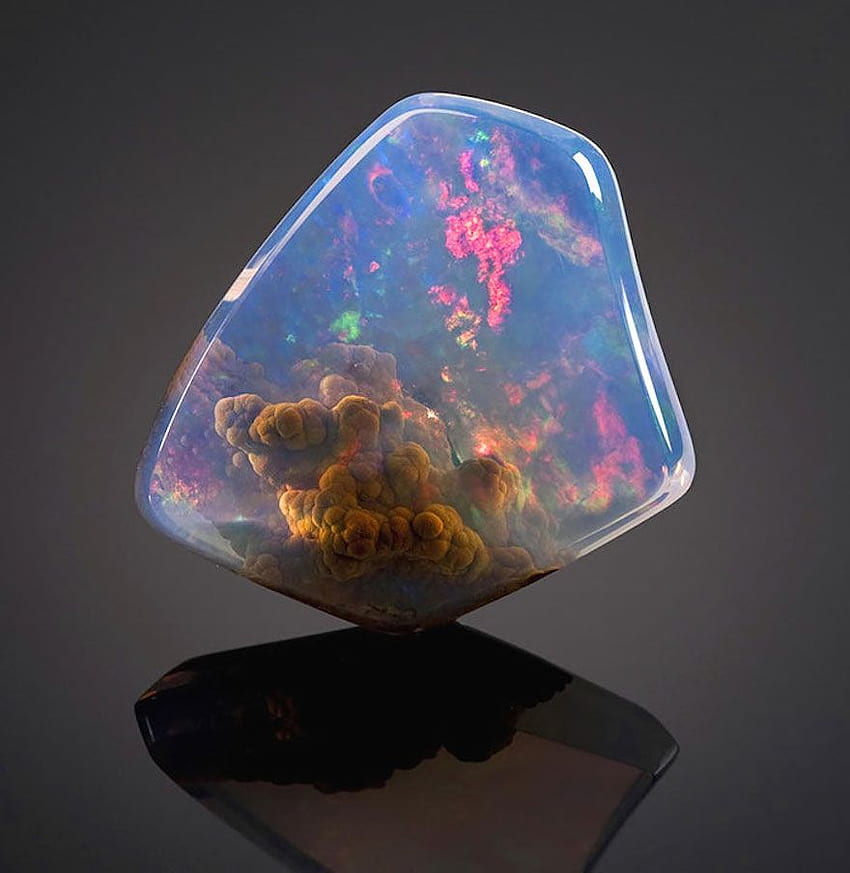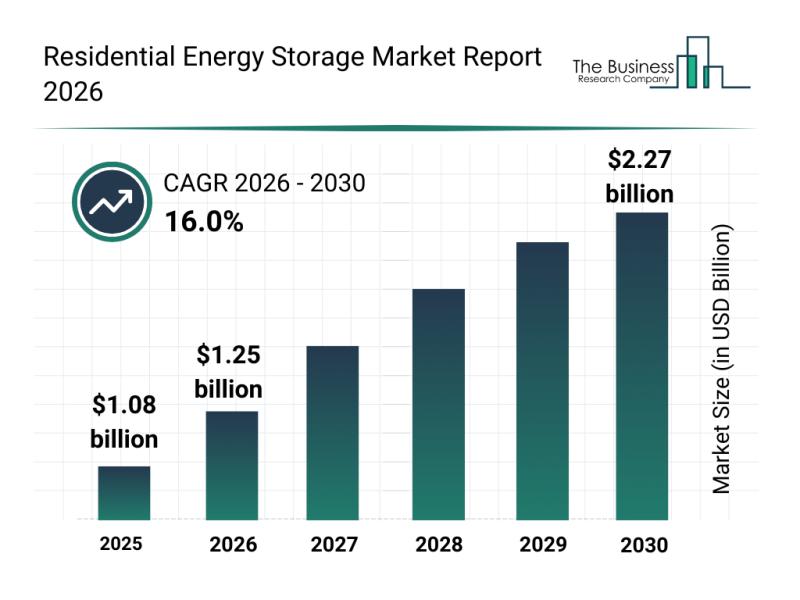
Rocks have fascinated humans for centuries, from their geological formations to their potential value. Whether you are an amateur rock collector or a seasoned geologist, understanding how to identify the value of a rock is crucial. In this article, we will delve into the various factors that determine a rock's worth, providing you with the knowledge to distinguish between ordinary stones and valuable treasures.
- Geological Composition:
The first step in assessing a rock's value is to examine its geological composition. Different minerals and elements present within a rock can significantly impact its worth. For instance, rocks containing rare minerals like diamonds, gold, or platinum are generally more valuable. Understanding the geological characteristics of a rock and identifying any unique or rare components is essential. - Rarity and Scarcity:
Rarity plays a vital role in determining a rock's value. Rocks that are scarce or difficult to find are often more valuable due to their limited availability. This scarcity can be influenced by factors such as geological formations, geographic location, or even human intervention. Identifying rocks that are rare in nature or those that have become scarce due to human activities can help assess their value accurately. - Aesthetic Appeal:
The aesthetic appeal of a rock can significantly impact its value, especially in the world of gemstones. Factors such as color, clarity, cut, and carat weight determine the desirability and worth of gemstones. For example, a flawless, well-cut diamond will be more valuable than one with visible flaws or a poor cut. Understanding the criteria used to evaluate the aesthetic qualities of gemstones can assist in determining their value. - Historical and Cultural Significance:
Some rocks hold immense historical or cultural significance, making them highly valuable. These rocks may have been part of significant events, ancient civilizations, or possess unique cultural symbolism. Identifying the historical or cultural context of a rock can provide valuable insights into its worth. Consulting experts or conducting thorough research can help uncover the hidden value associated with such rocks. - Market Demand:
Market demand plays a crucial role in determining the value of rocks. The popularity and desirability of certain rocks can fluctuate over time, affecting their market value. Staying informed about current trends and market demands can help gauge the potential value of a rock. Factors such as fashion trends, technological advancements, and industry demands can influence the market value of rocks.
Conclusion:
Determining the value of a rock requires a comprehensive understanding of its geological composition, rarity, aesthetic appeal, historical significance, and market demand. By considering these multiple factors, one can accurately assess the worth of a rock. Whether you are a passionate rock collector or someone looking to invest in valuable stones, this knowledge will guide you in distinguishing between ordinary rocks and valuable treasures.

